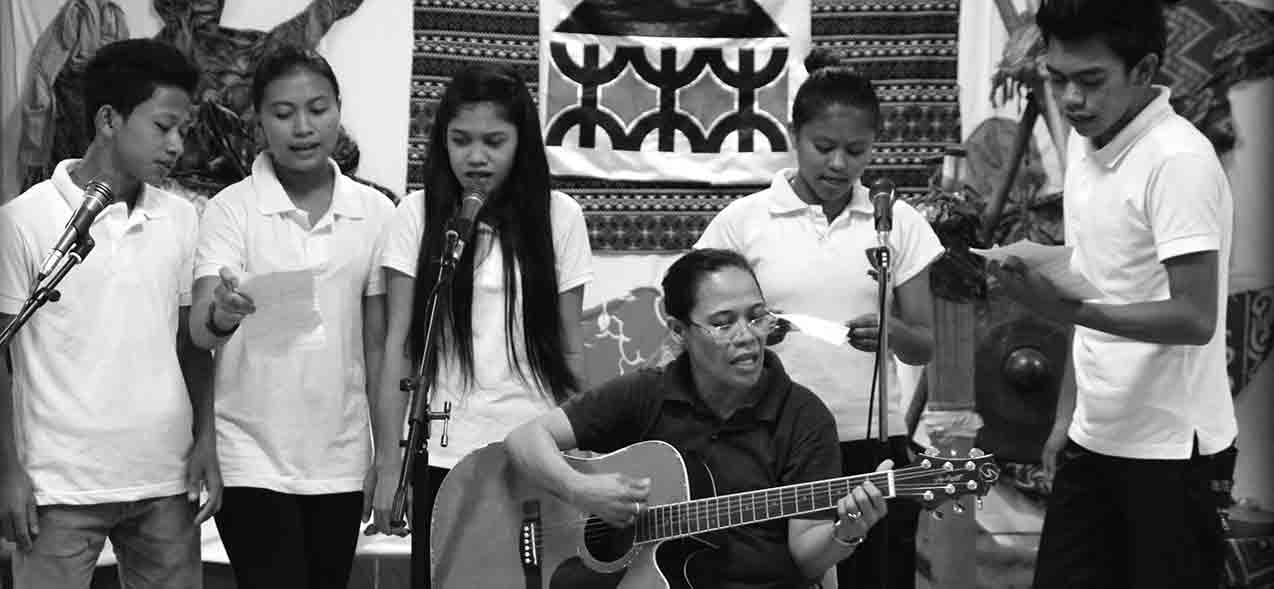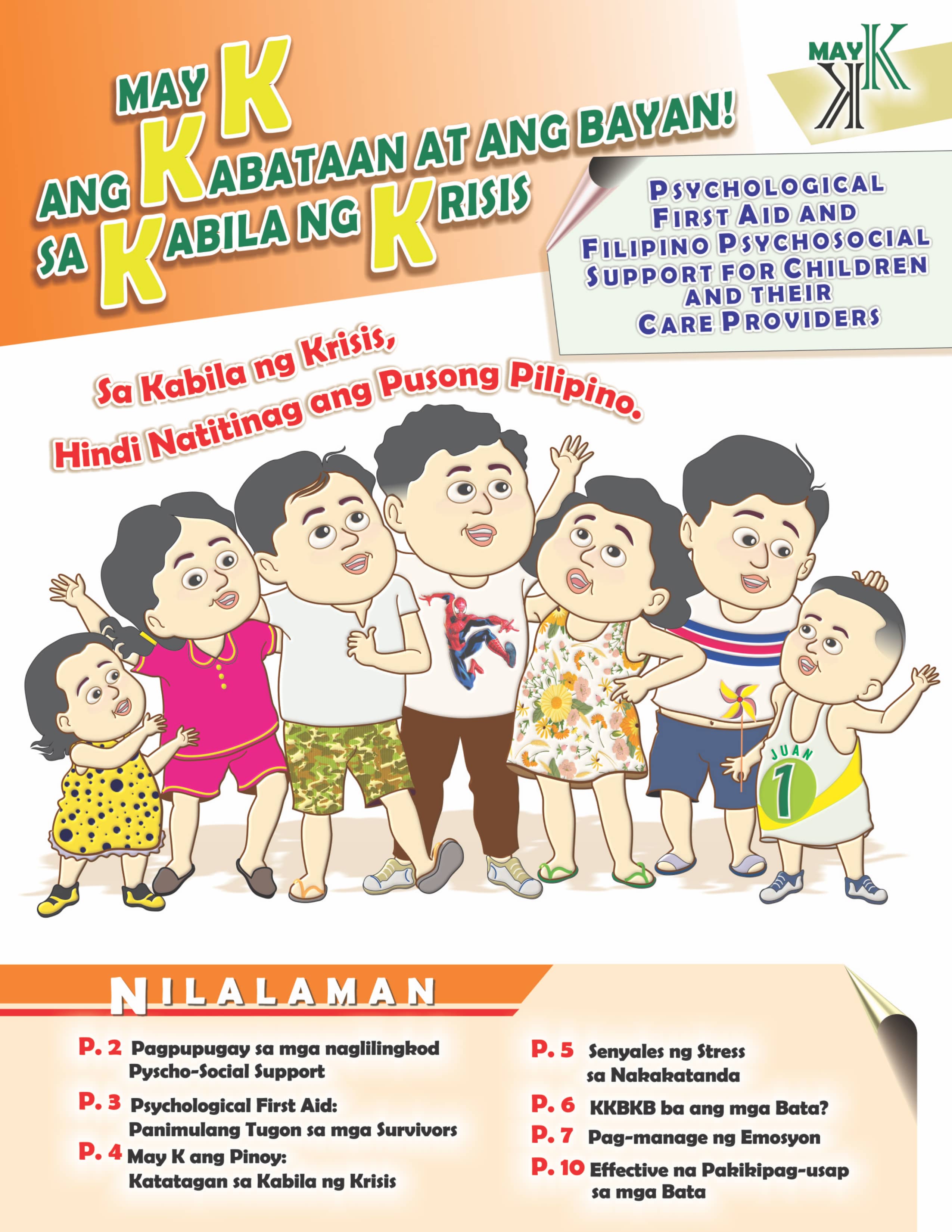Educators in poor urban neighborhoods in Caloocan City have agreed to improve the protective factors of their learners in order to prevent their exposure to violence, torture, and ill-treatment and promote their development through the Alternative Learning System (ALS) program. They made this commitment during the conversation among instructional managers and psychosocial practitioners of Balay Rehabilitation Center in Pranjetto Resort and Conference Center in Tanay, Rizal on February 14-16, 2016.
The participants in the two-day forum noted that poverty, family neglect and domestic violence, as well as the poor delivery of government social services, compel many young people to quit formal schooling and spend time in the street. They observed that the engagement of young people in unproductive and risky activities - such as drinking alcohol, taking prohibited drugs, theft, and harmful gang encounters - often put the young people in conflict with authorities that can result in their arrest, ill-treatment or torture.
Ten Instructional Managers and two youth volunteers in eight alternative learning centers in six barangays in Caloocan participated in the conversation that dwelt on the rights of children and young people to development and violence prevention. The educators are members of the Alliance Committed for Youth Development (ACYD), an organization of ALS Instructional Managers in North Caloocan.
The Alternative Learning System is a program that provides a chance to young people who are outside of the formal educational system to continue their education. This program was developed and regulated by the Department of Education in partnership with civil society organizations and local government and community-based authorities.
According to an earlier survey conducted by Balay, most of the young people who avail of its ALS program have experienced various forms of violence, neglect, and abuses in the hands of different authorities. This includes their own parents or persons intimately known to them. Police authorities or barangay tanods (community peacekeepers) have also been cited as perpetrators of ill-treatment or cruel punishment against the young people who are ‘in conflict with the law.”
The ALS managers said that the Balay survey reflects the same predicament encountered by their learners. They acknowledged that those violent experiences contribute to the poor performance of the young people in school or their lack of motivation to even go to school, thus perpetuating the protection deficit among them. They cited as among their top concerns are the dwindling number of students actively going to school resulting in a drop in the number of Accreditation and Equivalency Test passers. According to the participants, the students who experience maltreatment are more likely to miss school frequently. Moreover, there were reported cases of parents explicitly discouraging their children to attend school because of the parents’ failure to realize the importance of education.
The ACYD members sought to facilitate the organizing of parents associations to raise their awareness of human rights and encourage them to support the education of their children. They agreed to strengthen their collaboration with the civil society groups towards the empowerment of the parents to access livelihood projects from the government. They expressed their interest to dialogue with authorities to promote creative teaching methodologies, child development, and violence prevention as well.
ACYD members agreed to work with Balay on a study to determine the extent of the exposure of their learners to violence and its relationship to their class participation and performance. They expect to cover around 1,200 learners who are enrolled in their respective learning centers.























